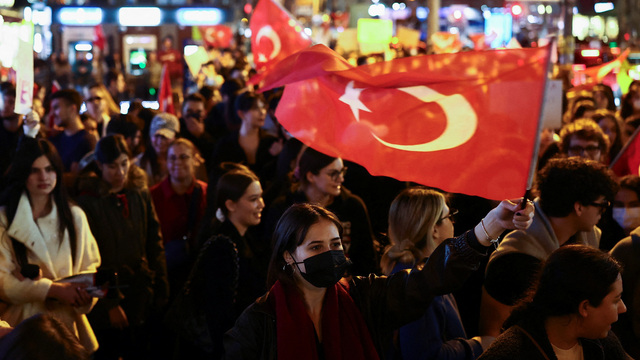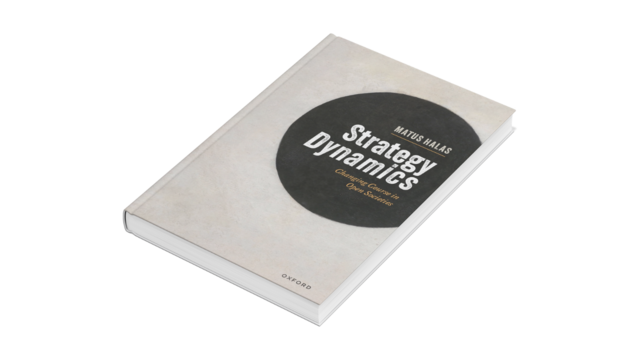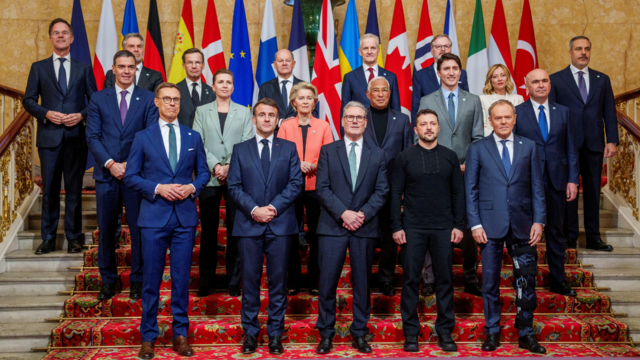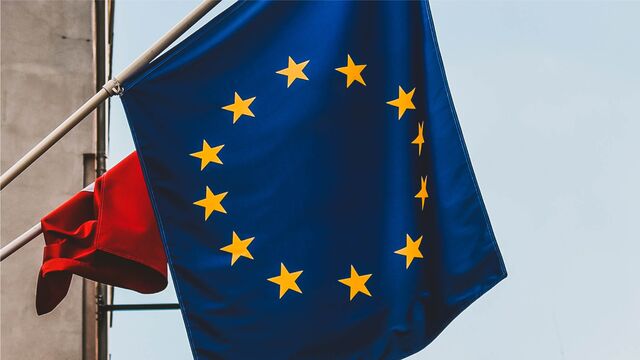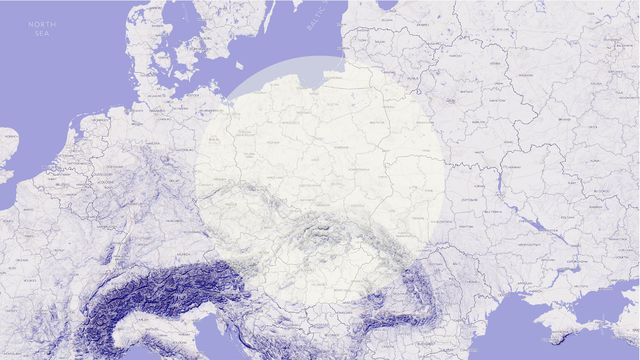Populism in the European Parliament and the Consequences for Czechia
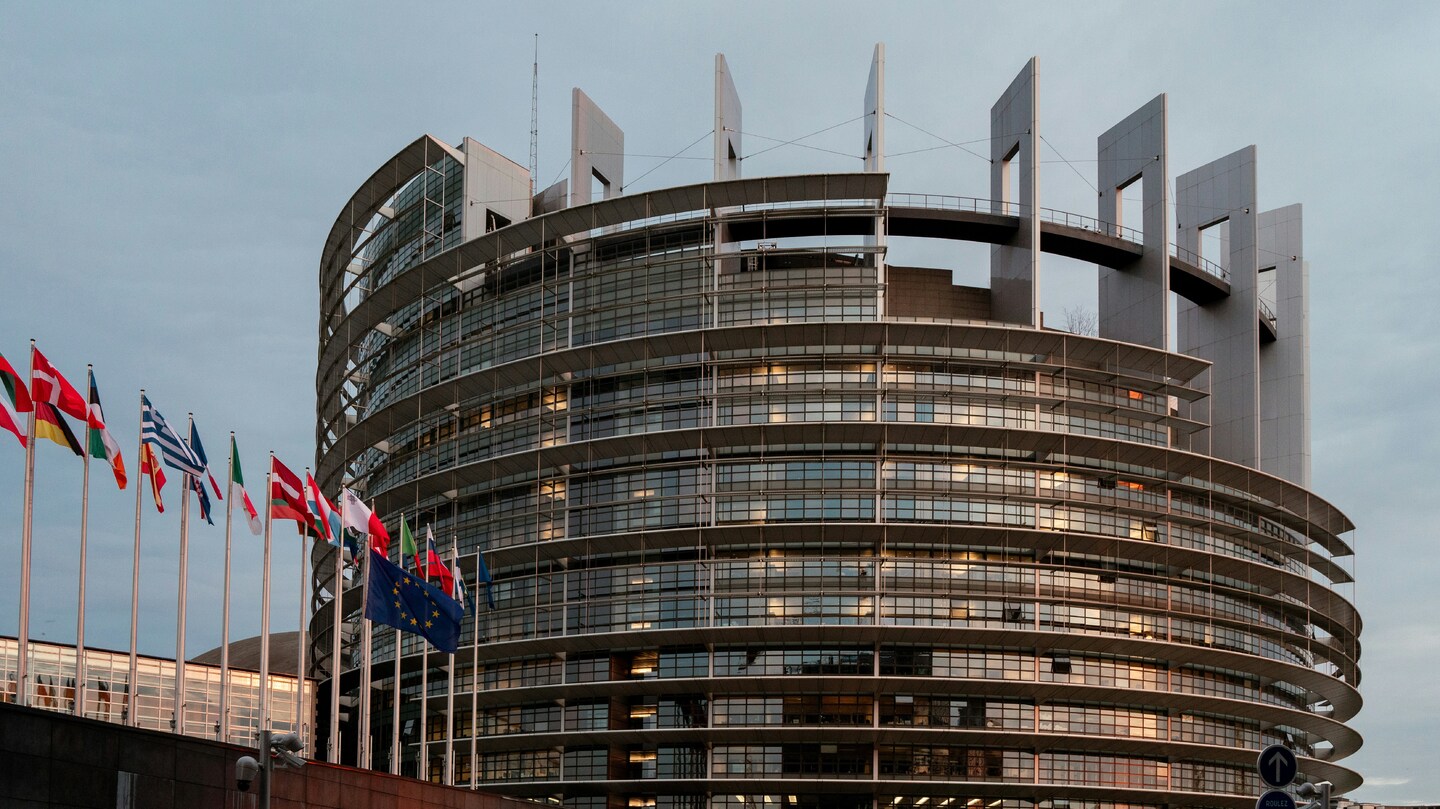
In his article for our yearly publication Analýzy ÚMV Mats Braun examines the populist surge in the European Parliament and its consequences for Czech priorities within the EU.
The 2024 European Parliament elections had the highest voter turnout since 1994. Approximately 51% of the eligible voters elected a more fragmented European Parliament. Political parties belonging to the far-right, the populist right or the centrist populists, several of them with a rather sceptical vision of European integration, enhanced their positions in these elections. Meanwhile, the pro-integration Grand Coalition of centre-party groups lost mandates. The consequences of the populist surge in the Parliament are difficult to predict since the political party groups to the right of the European Peoples Party (EPP) are heterogeneous and divided particularly in their view on Russia and the war in Ukraine.
Even if the role of the European Parliament in foreign policy is limited, the Parliament has been a vocal proponent of enlargement as well as stringent sanctions on Russia through resolutions and recommendations. In particular, the newly formed Patriots for Europe (PfE) can challenge the mainstream EU approach to both issues. Moreover, the new composition of the Parliament enables an alternative rightist majority that, for instance, could challenge some of the interim climate targets and measures of the Green Deal.
The two biggest Czech political parties are both members of party groups to the right of the EPP. The new composition of the Europen Parliament could therefore be closer to Czech preferences on many issues. However, a more fragmented Parliament with a stronger influence of political parties less critical of Russia risks undermining the EU support for Ukraine, a crucial Czech priority.
Problem
The European Parliament is known for its stable majority of what is referred to as the Grand Coalition, which traditionally has been a surplus majority including the EPP, the Socialists and Democrats (S&D), and the liberal Renew Europe (Renew) and was sometimes backed by the Greens. In contrast to national parliaments, there is no clear division between governing parties and the opposition in the Parliament. After the elections in 2019, for the first time, the two biggest parties, the EPP and the S&D, did not possess a majority on their own. In the past, the Grand Coalition has been mainly visible in the areas of foreign affairs, international trade, economics, monetary affairs, the internal market, the budget, industry, etc. Regarding environmental issues, a more left-leaning coalition consisting of S&D, Renew, the Greens/EFA and the Left has sometimes been formed instead.
After the 2024 elections, a new rightist majority could provide an alternative to the Grand Coalition, which gives the EPP a new power position. The Grand Coalition of the EPP, the S&D and Renew still maintains a comfortable majority of 401 Members of Parliament combined and, if the Greens are included, 454. However, the Greens, the S&D and Renew lost mandates, whereas the EPP grew. This enables the EPP to also form a majority together with the party groups to the right. In such a case, the EPP can either form a majority together with the liberal Renew, the European Conservatives and Reformist (ECR) and the PfE, or alternatively exclude Renew and instead include the far-right Europe of Sovereign Nations (ESN).
Populism can be defined as an ideology that views society as ‘separated into two homogenous and antagonistic groups, “the pure people” versus “the corrupt elite”’, and where populists claim to speak on behalf of the pure people. The share of parties in the Parliament meeting such a definition has increased. Mainly, the populist right has grown – 168 mandates in 2019 and 177 mandates in 2024. The figure for the extreme far-right has increased from 4 to 15 mandates, while the populist left remains fairly stable, and the centrist populists have slightly decreased. In total, populist parties hold 263 seats in 2024 compared to 241 in 2019. The populist parties are, to various degrees, Eurosceptic, which is symptomatic of the Parliament, where the strong consensus in the middle has been characterised by the centre parties’ pro-integration approach.
In the more fragmented Parliament the outcome of the decision-making process is becoming more difficult to predict. If in the past, the main party groups in the centre often also had party colleagues in the governments of most member states, the situation is now more diverse. Moreover, the populist right is far from homogeneous, which further contributes to the fragmentation. The oldest of the factions to the right of the EPP that still exist after the 2024 elections is the ECR. The group was established by the British Tories and also, among others, the Czech Civic Democrats (ODS) and Poland’s Law and Justice in 2009 largely as a protest against what the parties viewed as the overly pro-European approach of the EPP.
The other two rightist party groups were newly formed in 2024. The larger of those is the Patriots for Europe (PfE) party group, which includes among its members the Hungarian Fidesz, which left the EPP during the last mandate period. This party group also includes most of the parties that previously belonged to Identity and Democracy (ID), which ceased to exist after the elections. A major force within the group is France’s National Rally. Other members of the PfE are the Czech ANO party, which was a member of the liberal Renew group, and the Spanish VOX, a member of the ECR. The populist right parties and groups have often faced difficulties in cooperating with each other in the Parliament. In 2024 Alternative for Germany was excluded from ID. Since far-right parties, including the National Rally, rejected cooperation with it due to its controversial statements, its ties to Russia and China as well as the party’s radical stance on the deportation of refugees,4 the small and radical ESN was formed.
Challenges for Czechia
For Czechia the discussion about populism and the far right in the European Parliament is complicated. The two biggest political parties in the country are members of the examined party groups. The governing ODS is in the ECR together with parties such as Brothers of Italy and Law and Justice. The main opposition party, ANO, is in the newly established PfP together with Fidesz and the National Rally.
Therefore, one could assume that the new composition of the Parliament could be more in line with long-term Czech preferences. This could be the case regarding, for instance, the EU’s climate agenda, where a new right-wing majority could reduce the speed of the reforms and challenge some interim targets of the Green Deal. However, the three party groups are internally incoherent and on most issues they do not constitute a coherent block, and this is particularly the case if we look at the Common Foreign and Security Policy and enlargement.
The ECR is relatively close to the EPP in their positions on many issues. If we look at the voting during the 9th Parliament (2019–2024), the ECR scores were closer to those of the EPP than to those of the far-right ID. In particular, regarding foreign policy, the ECR largely voted in line with the Grand Coalition. The group is more critical when it comes to increased integration on issues related to the Common Foreign and Security Policy but assumes similar positions regarding the support for Ukraine, and Russia and China. Yet even the ECR is internally divided on many issues. The Brothers of Italy, for instance, endorse the migration pact whereas Law and Justice rejects it, and the Czech ODS criticised parts of it. In general, the ECR has shown strong support for the Ukrainian case but for instance, the Alliance for the Union of Romanians has presented a divergent view on it.
One of the reasons for the creation of the PfE was the parties’ position on Russia. When Fidesz left the EPP, Viktor Orbán initially considered joining the ECR but refrained from this option due to disagreements on support for Ukraine. Since the PfE is a new group, it does not have a common track record of voting in the Parliament but many of the parties were previously in ID, which was less inclined to vote in line with the Grand Coalition on issues related to Russia, EU enlargement and China, and the same goes for Fidesz after it left the EPP. The National Rally belonged to the parties within the previous ID, which was frequently described as being more pro-Russian.
The ESN, which includes among its members the Czech SPD, claims it will provide a radical opposition to the Grand Coalition. However, given that the group possesses only 25 Members of Parliament and includes member parties that are considered controversial even among other far-right parties, it is likely to have only a limited influence on actual Parliament decisions, even if it can influence the general rhetoric.
Foresight
The enlargement process and the Common Foreign and Security Policy are mainly in the hands of the member states, but a loud opposition in the parliament could complicate the procedure and serve as an amplifier of existing divisions. Moreover, during the previous mandate period, the Parliament has been an active and loud supporter of enlargement as well as, for instance, the sanctions against Russia.
The main challenger to the mainstream EU view is the PfE. The major forces within this group, the National Rally and Fidesz, view the international threats to Europe differently than the EU mainstream. The question is whether the party group will manage to act coherently and whether that will impose a radicalization of the opinions of other member parties. In other words, does the membership in the party group lead to more pro-Russian positions of other group members, including, for instance, the Czech ANO?
When it comes to EU enlargement the far-right parties have a history of being divided. This divide goes right across the PfE. Whereas the National Rally has repeatedly voiced its principled opposition to enlargement, Fidesz is pro-enlargement, particularly supporting enlargement to the Western Balkans. The pro-Russian far-right parties, including most parties of the ENS, often take negative stances toward enlargement to Ukraine, Georgia and Moldova, but several of the parties view enlargement to the Western Balkans differently.
Moreover, even if the elections of 2024 made the Parliament more fragmented, the voter turnout was exceptionally high, around 51%. This was a small increase compared to 2019 but, importantly, a higher turnout than in the 1999 elections, the last elections prior to the 2024 enlargement. Therefore, the Parliament, even if it is now more fragmented, also has a stronger democratic mandate.
→ Given the international security situation and the difficulty of maintaining a coherent EU approach, a more fragmented Parliament with a stronger influence of political parties that are more accommodating of Russian interests, risks weakening the EU and key Czech interests in supporting Ukraine.
→ The populist right in the European Parliament is not a homogeneous group. The ECR is close to the EU mainstream on issues linked to security and foreign policy, whereas the PfE could potentially challenge the Parliament’s view on enlargement and Russia.
→ The two largest Czech parties are both members of party groups to the right of the EPP, and the new composition of the Parliament could therefore better reflect Czech political preferences. The possible right-wing majorities could, for example, slow down the progress toward some of the Green Deal’s interim targets.
